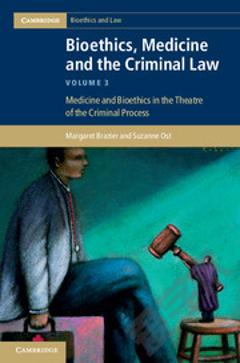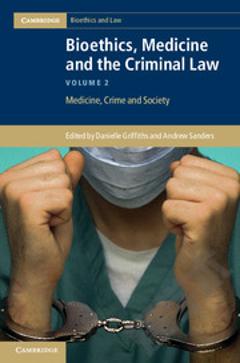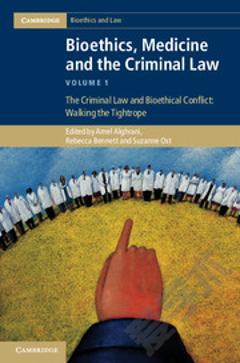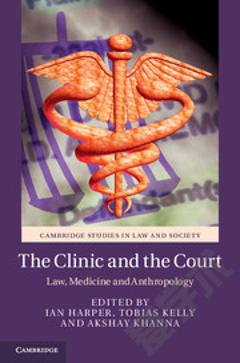Bioethics, Medicine and the Criminal Law:Volume 3
To date, little analysis exists of the criminal process's roles as a regulator of medical practice and as an arbiter of bioethics, nor whether criminal law is an appropriate forum for judging ethical medical dilemmas. The conscription of criminal law into moral controversy and the (perceived) rise in criminal investigations of medical errors sets the backdrop for this innovative historical and theoretical analysis of the relationship between medicine, bioethics and the criminal process. Case studies on abortion, end of life and the separation of conjoined twins reveal how judges grapple with bioethics in criminal cases and the impact of 'theatre' on the criminal law's response to ethically controversial medical cases. A central argument is that bioethics and criminal law are not necessarily incompatible; rather, it is the theatre surrounding interactions between bioethics and criminal law that often distorts and creates tension.
{{comment.content}}








 京公网安备 11010802027623号
京公网安备 11010802027623号